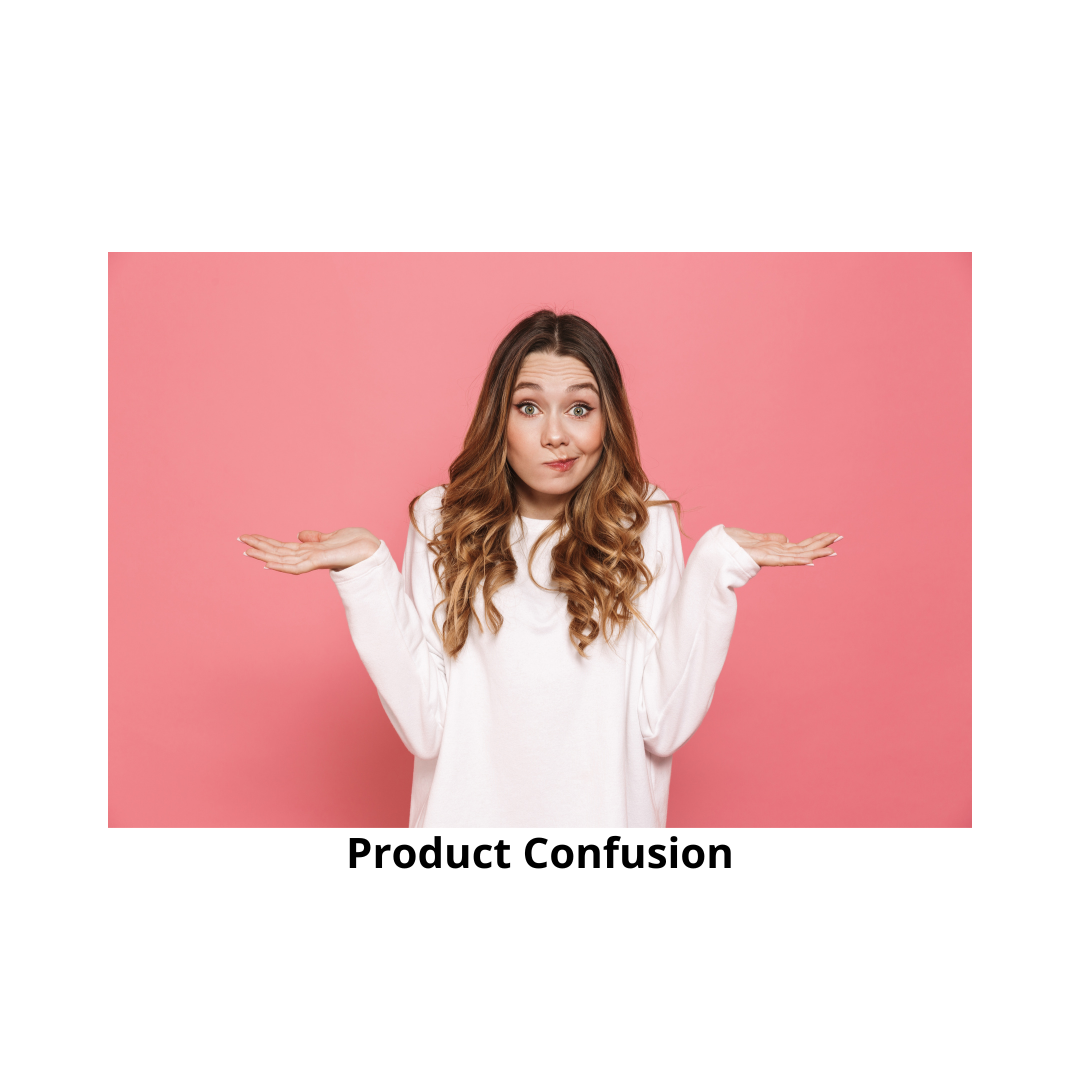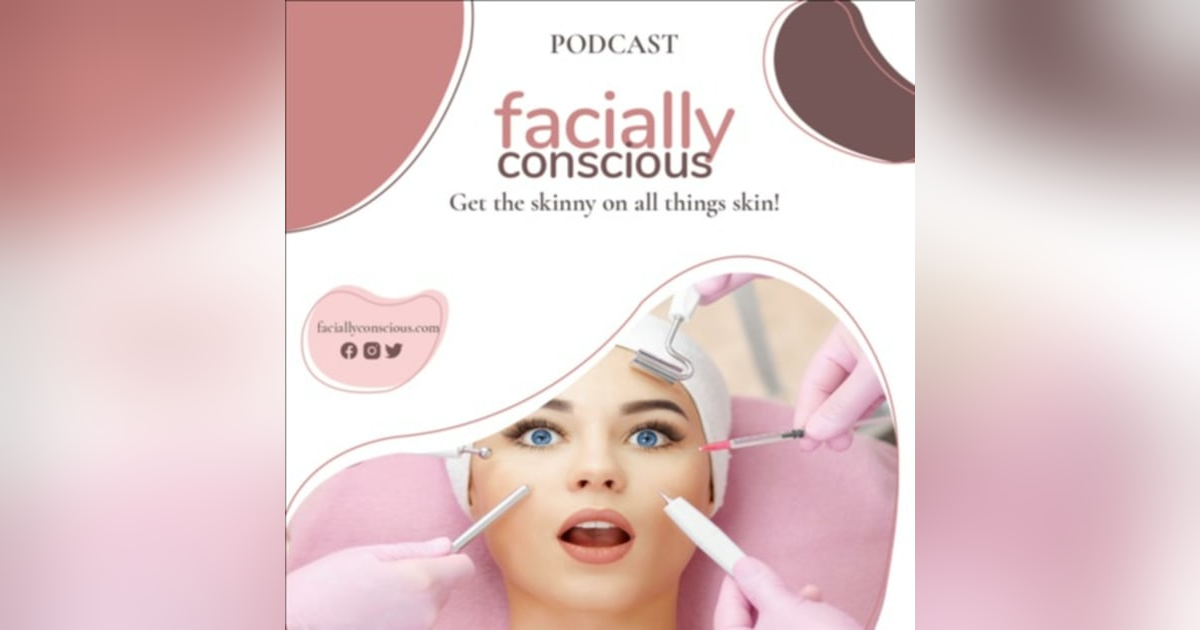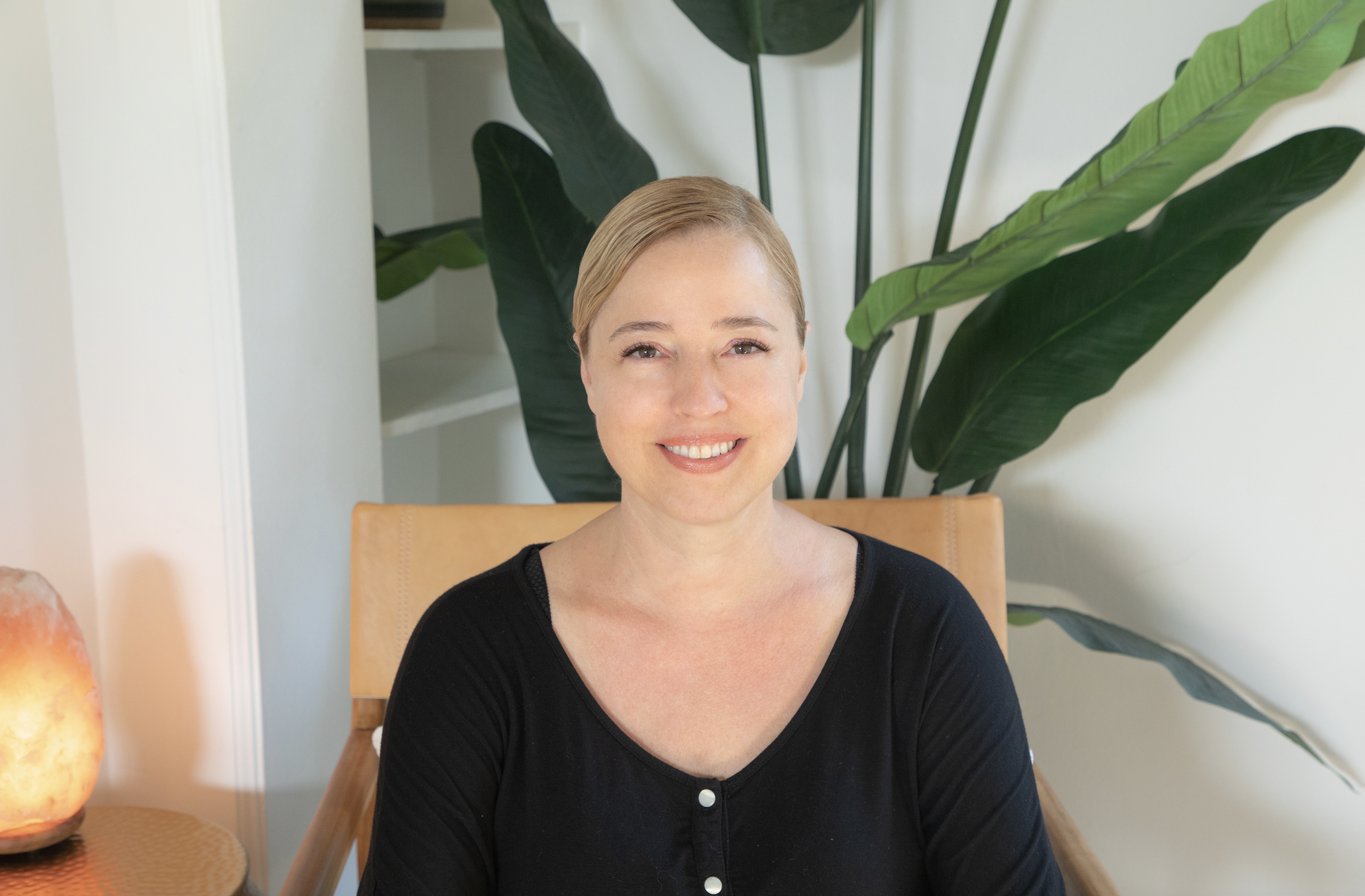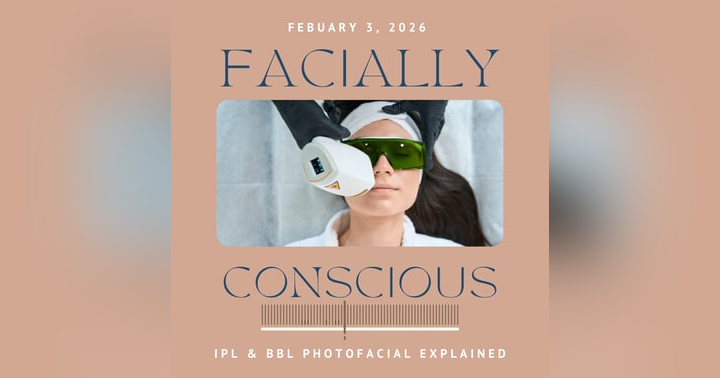Navigating the Skincare Product Jungle

Expert Advice from the Facially Conscious Podcast episode, All Those Products
Walk into any Sephora, browse Amazon's beauty section, or scroll through Instagram, and you'll quickly see we're overwhelmed with skincare products. Thousands of brands promise to transform your skin, erase wrinkles, fade dark spots, and give you that coveted glow. But how do you know what really works? In our episode, All Those Products of the Facially Conscious Podcast, hosts Julie Falls (an educated skincare consumer), Trina Renea (a seasoned esthetician), and Dr. Vicki Rapaport (a board-certified dermatologist) cut through the noise to give honest, expert advice on navigating the busy world of skincare. Their chat reveals surprising truths about the skincare industry —from private-label secrets to why that $200 serum might not be any better than a $50 one—and how to build a skincare routine that actually works.
The Product Overload Problem: How We Got Here
Remember when you could only buy skincare products at department stores or through your Esthetician? The product companies trained these people on why their products work, what they do for the skin, and who they are for.
Those days are long gone.
The internet fundamentally changed how we shop for skincare, and not always for the better. Trina shares a fascinating story about Jan Marini, a respected skincare line once sold exclusively through medical professionals. When the internet allowed unauthorized retailers to sell Jan Marini products online at steep discounts, it undermined the doctors and estheticians who had built their businesses around these product recommendations. This discounting issue became so widespread that many established brands had to reconsider their entire distribution strategy.
The result? An explosion of private-label skincare brands. Today, almost anyone with enough capital can start a skincare line. You don't have to be a chemist, dermatologist, or skincare specialist—you need money and a manufacturer willing to put your label on their existing formulas. This democratization of the beauty industry has flooded the market with products of vastly different quality, making it almost impossible for consumers to tell the difference between genuinely innovative formulas and rebranded generic products with clever marketing. The hosts stress that this increase in brands means consumers need to be more educated than ever about skincare ingredients and what their skin truly needs, rather than being misled by attractive packaging or influencer endorsements.
The Basic Five Skincare Steps: Simplifying Your Routine
One of the biggest takeaways from the episode is Trina's framework for creating an effective skincare routine (thanks to the incredible Jan Marini for teaching me this—best mentor I’ve had in my career!). Instead of focusing on brands, Trina advises listeners to think about the five essential steps every skincare routine should include.
Step 1: Cleanser – This is your foundation. A good cleanser removes dirt, oil, makeup, and environmental pollutants without stripping your skin's natural barrier. The right cleanser depends on your skin type, but this step is non-negotiable.
Step 2: Antioxidants – This is where things get interesting. Trina explains that antioxidants work best together in a blend because free radicals belong to different families, and some antioxidants don’t eliminate all of them. That’s why you need a product that combines multiple antioxidants in one. Just as you wouldn't fight an army with a single soldier, you shouldn't combat free radical damage with just one antioxidant. Look for serums that include several antioxidants, such as vitamin C, vitamin E, ferulic acid, and resveratrol. These powerful ingredients protect your skin from environmental damage and help prevent early aging.
Step 3: Exfoliation – Whether chemical (like AHAs and BHAs) or physical, exfoliation removes dead skin cells, unclogs pores, and allows other skincare products to penetrate more effectively. The key is finding the right type and frequency for your skin type (an esthetician's help is ideal as she can “read” your skin) — over-exfoliation can damage your skin barrier and cause your skin to sting with anything, including water. It can cause more problems than it solves.
Step 4: Moisturizer – Hydration is essential for all skin types, including oily skin. A good moisturizer helps protect your skin's barrier, prevents water loss, and keeps your skin plump and healthy. The formulation should match your skin type—lighter lotions for oily skin, richer creams for dry skin.
Step 5: Sunscreen – The hosts agree: this is the most important anti-aging product you can use. Daily broad-spectrum SPF protection prevents sun damage, hyperpigmentation, and premature aging. No skincare routine is complete without it.
The key insight here is that many people use multiple products that serve the same purpose. You might have three different serums all containing vitamin C, or two moisturizers with similar ingredients. Trina emphasizes that you should focus on ingredients rather than brands. Once you understand the specific purpose of each step and which ingredients achieve those results, you can make more informed product choices and recommendations without being swayed by brand loyalty or marketing hype.
The Six-to-Eight Week Rule: Patience Pays Off
In our instant-gratification culture, we expect to see results right away. But as the Facially Conscious hosts explain, skincare doesn't work that way. The six-to-eight-week rule is important: you need to use a product consistently for at least six to eight weeks before you can accurately determine if it's working for your skin.
This timeline aligns with your skin's natural cell turnover cycle. Your skin cells typically regenerate every 28 days, so you need to go through at least two complete cycles to observe the actual effects of a product. Dr. Rapaport stresses that dermatologists' recommendations are based on this scientific understanding of how skin responds to active ingredients.
The hosts also emphasize the importance of finishing bottles before switching to a new product. That half-used serum sitting in your bathroom cabinet? It symbolizes wasted money and missed results. The constant product-hopping that many consumers do—often driven by social media trends and influencer endorsements—prevents them from ever seeing real improvements in their skin.
Sampling, as the experts point out, serves a different purpose. When you get a sample of a product, you're primarily testing the texture, scent, and how it feels on your skin—not whether it will produce long-term results. Samples help determine whether a product causes immediate irritation or if you enjoy the sensory experience. Still, they can't tell you if that anti-aging serum will actually reduce your fine lines.
The Business Behind the Bottles: What You're Really Buying
Perhaps the most eye-opening part of the episode is the discussion about how skincare products are actually made and marketed. The hosts pull back the curtain on the skincare industry's business practices, revealing information that every consumer should know.
Private labeling is very common in the skincare industry. A manufacturer develops a base formula, and multiple brands can buy it, add their own fragrance or small adjustments, and sell it under their label. This means a $200 luxury serum and a $40 drugstore product may have nearly identical formulas, just with different packaging and marketing. True custom formulation, where a brand creates proprietary products from scratch, usually requires an investment of about $100,000 per product. That’s why many smaller brands choose private labeling instead.
The hosts also discuss what happens when a professional skincare line "goes mass market" by entering retailers like Sephora. Often, to meet the price points and profit margins required by major retailers, brands have to "cheapen" their formulations. They might reduce the concentration of active ingredients, substitute less expensive alternatives, or reformulate entirely. This is why estheticians and dermatologists sometimes notice that a product they've recommended for years suddenly doesn't perform the same way after it becomes available at Sephora or Ulta.
Counterfeit products are a major concern, especially on Amazon. The hosts warn that when you buy skincare products from unauthorized third-party sellers on Amazon, there's no guarantee you're getting an authentic product. Counterfeits may contain harmful ingredients, lack the active components listed on the label, or be expired or stored improperly.
So why should you buy skincare products from your dermatologist or esthetician rather than from online retailers? Beyond supporting the professionals who provide your treatments, there are quality assurance benefits. Products sold through medical and spa channels are often made in smaller batches with higher-quality ingredients and better quality control. They're stored properly and are guaranteed to be authentic and fresh.
There's also a psychological aspect that the hosts discuss: when you invest in a product by purchasing it during a professional consultation, you're more likely to use it consistently. That $150 serum you bought from your dermatologist after a thorough skin analysis feels more valuable than the same product purchased on a whim from an online retailer, and you're more likely to incorporate it into your daily skincare routine and give it the six to eight weeks it needs to work.
Conclusion: Becoming a Smarter Skincare Consumer
The skincare product scene doesn't have to be overwhelming. As Julie, Trina, and Dr. Rapaport show in this episode of the Facially Conscious Podcast, becoming a smarter skincare shopper boils down to a few key principles: focus on ingredients instead of brands, give products enough time to work, seek advice from qualified professionals, and avoid being tricked by marketing hype or influencer trends.
Remember that effective skincare depends on consistency, patience, and choosing products suitable for your specific skin type and concerns. Whether you're an esthetician advising clients, a dermatologist recommending products, or a consumer working to improve your skincare routine, the expert advice in this episode offers a guide to making informed decisions in an industry that often values profit more than performance.
To read more from Trina Reneá, join her on Substack https://trinarenea.substack.com/.








